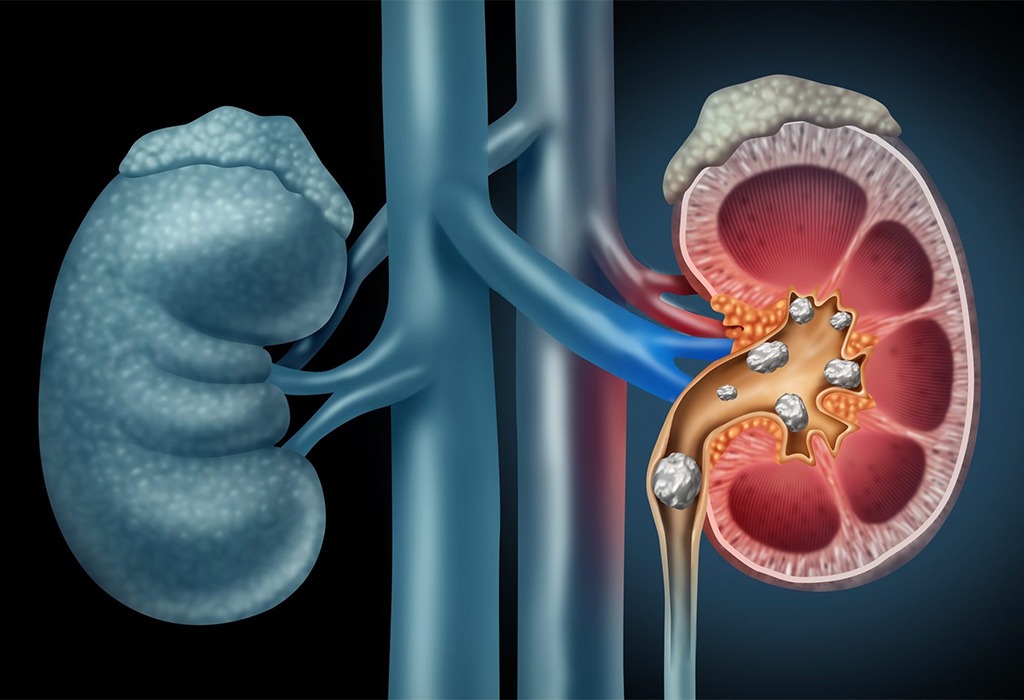Kidney stones are hard deposits that form in your kidneys from minerals and salts. While they can vary in size from as small as a grain of sand to as large as a pea, they can cause significant discomfort and pain.
Here are some common signs and symptoms that may indicate you have a kidney stone:
- Severe pain: This is often the most noticeable symptom. The pain typically starts in your lower back or side and can radiate to your groin or abdomen. It can be intense and come in waves.
- Blood in your urine: You may notice pink, red, or brown urine.
- Painful urination: You might experience burning or discomfort when urinating.
- Cloudy or foul-smelling urine: These can be signs of infection.
- Nausea and vomiting: These symptoms often accompany kidney stone pain.
- Frequent urination: You may need to urinate more often than usual.
- Fever and chills: These are signs of infection and may indicate a more serious complication.
If you experience any of these symptoms, it’s essential to seek medical attention promptly. Kidney stones can vary in severity, and treatment options depend on the size and location of the stone.
Disclaimer: This information is intended for general knowledge and informational purposes only and does not constitute medical advice. Always consult with a qualified healthcare professional for any medical questions or concerns
